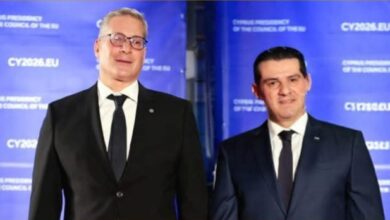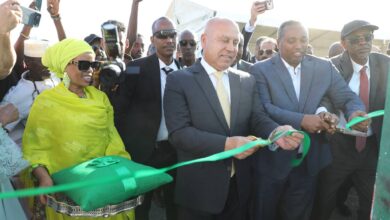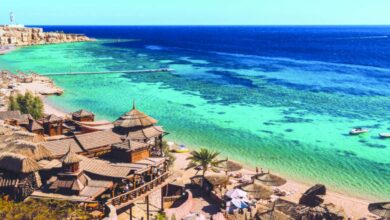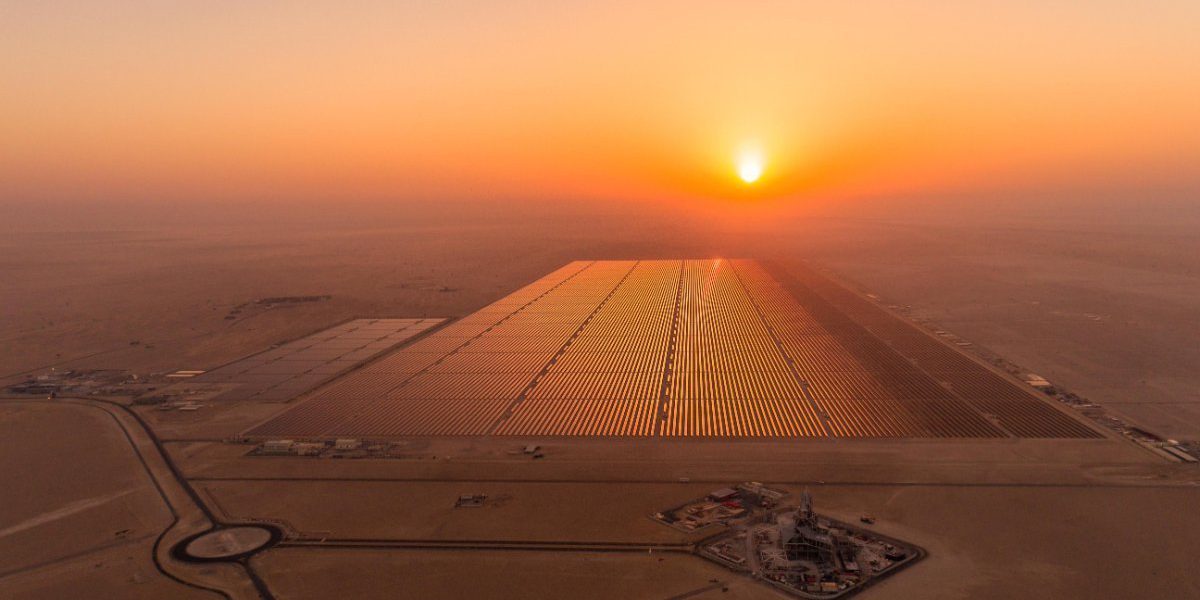Access to dependable energy is critical for development and is becoming increasingly essential in Egypt as the country continues to grow, both demographically and economically. International financial institutions such as the World Bank are playing a significant role in Egypt’s energy sector through financing energy projects and advising the Egyptian government on power policy reform. For this reason, it is of utmost importance that ordinary Egyptian citizens are heard by the World Bank and demand that the Bank’s work aid Egypt’s transition onto a sustainable, clean energy development path that prioritizes access to affordable energy–true energy security.
The energy sources Egypt is typically using to fuel development are inherently flawed because of their damaging impact on the environment, and because they are non-renewable and therefore finite. These realities are forcing Egypt to seek alternatives to meet its constantly growing energy needs and this must be done quickly. As of 2007, more than 95 percent of the total energy consumed in Egypt and almost 90 percent of the electricity generated was derived from fossil fuels. The remaining 10 percent was generated by the High Dam. While oil production continues to decrease annually, this has been offset by a rapid increase in the development and depletion of finite natural gas reserves. According to Yasser Sherif, General Manager at Environics, if we continue at the current rate of production, Egypt has only a bit over a decade worth of oil reserves left, and around three decades worth of gas. It is critical to find alternative sustainable energy solutions now.
History shows that establishing a new industry requires not only firm demand, but also policy incentives and concessionary financing terms. This is particularly relevant to renewable energy industries, such as solar and wind energy, that have to compete in the marketplace against already established and highly subsidized fossil fuels. A level playing field can only be established through proper legislation and temporary government incentives for these renewables.
Energy incentives can, in fact, work: In 2002, Spain introduced a “feed-in-tariff” incentive, whereby the government guaranteed a preferential price for electricity produced by solar thermal power plants for 25 years. While there were arguably flaws in Spain’s model, there are several lessons to be taken from their experience. Such guarantees encouraged private capital to finance the construction of Concentrated Solar Thermal Power (CSP) plants. The first CSP plant came online in 2006, and by 2013 Spain will be producing 2,500 MW of electricity through CSP. By comparison, Egypt’s High Dam has a generation capacity of 2,100 MW.
The growing demand for renewable energy is palpable and governments around the world have begun to heed the call. By April 2009, 78 countries had signed the statute of the International Renewable Energy Agency (IRENA), whose goal is to ultimately increase the share of renewable energy worldwide. The statute will provide advice and support to governments on renewable energy policy-making, capacity building, and technology transfer and will also improve the flow of financing. IRENA’s founding reflects a growing consensus among governments around the world of the need to actively support the expansion of renewable energy.
Egypt is a perfect market for the development of and investment in renewable energy technologies. With Egypt’s considerable solar thermal resource wealth, building giant solar thermal electricity generation could offer a major contribution to both the economy and national energy security. It has the potential to offer massive employment opportunities for Egyptians and such investments can indirectly support feeding industries such as glass mirror manufactures–an industry where Egypt covers the full supply and production chain. The electricity generated could also be used to power desalination plants which will enhance water security and decrease Egypt’s dependence on the Nile.
Success of such renewable industries depends on a range of factors, including a viable market, technology transfer, capacity building, and ensuring that the jobs generated benefit Egyptians in need of employment. Egyptians ought to be asking investors such as the World Bank to finance renewable projects because they have the capacity to deliver both economic and developmental benefits to Egyptian citizens. Given the World Bank’s mandate to reduce poverty, it is essential that Bank energy investments directly benefit the Egyptian people by satisfying domestic energy needs at a subsidized price and by encouraging the government to adopt these types of policy incentives. As a means of generating additional income after domestic energy needs have been met, surplus electricity could then be exported to Europe.
The World Bank and other donors are already funding new renewable energy projects in Egypt, including a major new CSP program as well as a wind farm along the Gulf of Suez. They continue however to fund new energy projects which are fossil-based, such as a conventional natural gas power plant in North Giza. Given this mixed portfolio, which also includes energy policy reform, it is clear that the Bank plays an influential role in guiding the direction of Egypt’s energy path. As such, it is important for Egyptians to recognize this influence and become engaged in the Bank’s decision-making processes.
This year, the World Bank Group is revising its Energy Strategy which will guide the institution’s energy investments for the coming decade. This will surely have consequences for Egypt’s energy sector. If Egyptians want to see their country move on to a sustainable path of development that promotes the supply of affordable clean energy, it is critical for citizens to become engaged in the energy dialogues currently taking place. These are not just discussions between the Egyptian government and international financial institutions. These are issues of importance to all of us.
As part of the World Bank Group’s Energy Strategy review process, a multi-stakeholder consultation will take place in Cairo on 29 June where participants will have a forum to provide input into the drafting of this new strategy. You may also share your thoughts with the Bank on the direction of their energy strategy online at http://go.worldbank.org/53B858M1Q0.
Let’s consider our participation in this consultative process a first step in the creation of a sustainable future for Egypt.
Amr Mohsen is CEO of Lotus Solar Technologies and Amy Ekdawi is Middle East and North Africa program manager at the Bank Information Center. They are both Egyptian citizens.




